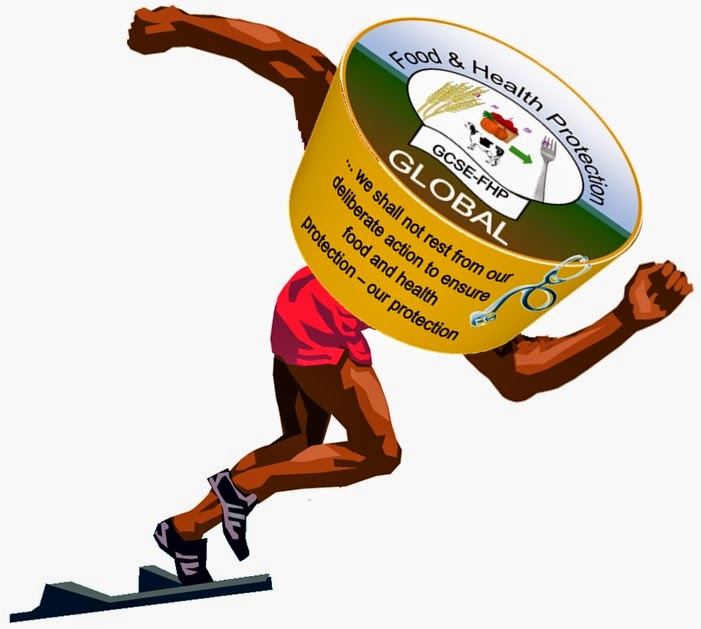Marks of confidence or insecurity that can be shown by a food safety and quality auditor or inspector are demonstrated in these robot and thinker comparisons:
Robot – more likely to be on a power trip with a "know-it-all" and "I have the final say" attitude.
Thinker – understands and respects the knowledge of audited parties and their input.
Thinker – understands and respects the knowledge of audited parties and their input.
Robot - thinks that the audit checklist or "standard" dictates the standard of compliance.
Thinker - knows that the consumer dictates the standard of compliance.Robot - only looks at getting all of the questions on the audit checklist or "standard" covered during the audit.
Robot - simply goes by the
letter of the law according to the "standard" and leaves the risk assessment to
the audited party.
Thinker - does actual risk assessment of all observations to arrive at the reported audit judgment.
Robot - sees any observation
that the audit checklist does not cover as irrelevant and insignificant.
Thinker – explains the
significance of, and/or risks associated with, observations that the audit checklist may not have covered (although these may not
appear in the report produced with the checklist used).
Robot – accepts every documented
proof (even if it is pseudo-evidence) as the objective evidence.
Thinker – challenges the documented
evidence through reality checks to assess the validity of the evidence.
Robot – sees an audit “pass”
as proof that the audited party’s product safety system is effective.
Thinker – understands that
the effectiveness of the audited party’s product safety system depends on the
audited party’s consistency in maintaining effective procedures and valid
control measures prior to and after audits.
Robot – counts the number
of completed audits as the measure of successful involvement and experience in
auditing.
Thinker – looks at real improvements to the safety of products that are delivered to consumers as the
measure of successful involvement and experience in auditing.
Robot – conducts temper tantrum audits: (A temper tantrum auditor points to the checklist requirement and says: "it says so right here" without understanding the rationale behind the stated requirement).
Thinker – assesses findings on the bases of the rationale behind stated requirements on the audit checklist.
Which
of these types of auditors or inspectors demonstrate confidence and which
demonstrate insecurity? Although they can, if they recognize the
insecurity, should audited company representatives take advantage of insecure
auditors or inspectors? Many do.
Posted by Felix Amiri
___________________________________________________________

























